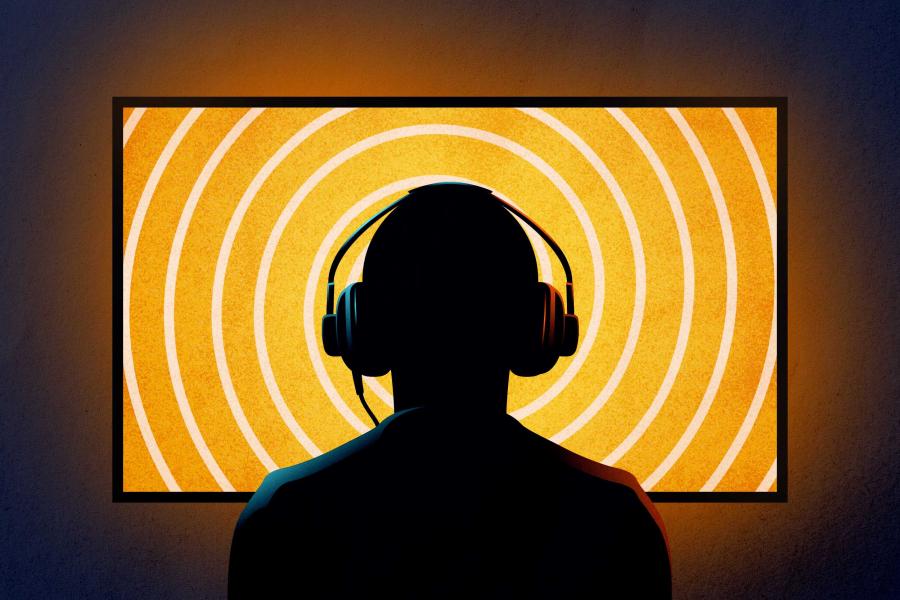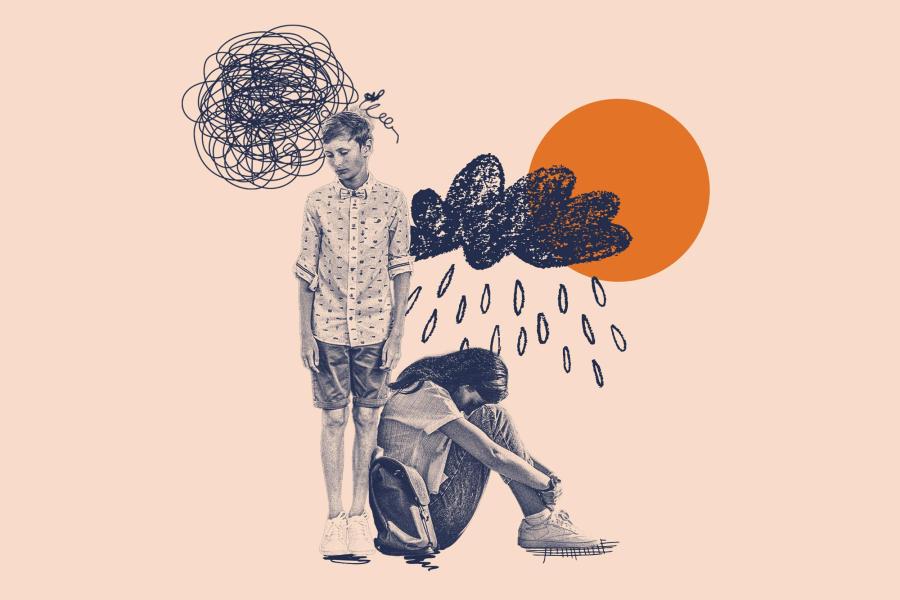A new University of Virginia study has found aggression in young people predicts accelerated biological aging later in life.
Specifically, 13-year-olds who are hostile with their friends and struggle with relationships, and in particular with their fathers, look older when they are 30.
Psychology professor Joseph Allen led the study, which repeatedly assessed 123 people, along with their close friends and parents, for 17 years, beginning in 1998. They also looked at a measure that tracks levels of cholesterol, blood pressure, blood sugar, white blood cells, inflammation and protein. “It’s a very good predictor of how long you’re going to live and how healthy you’re going to be,” Allen explained.

Psychology professor Joseph Allen’s work follows the same group of people he first encountered in 1998. “There are just a handful of studies in the world that have followed young people over this length of time,” he said. “This, to our knowledge, is the only one that has followed them this intensively … almost every year over this period.” (University Communications photo)
“We find that between adolescence and adulthood, a couple of things correlate to this,” he said. “One is an ongoing conflict with fathers in late adolescence. And also, ongoing levels of hostile – or what we call – punitive behavior toward close friends across the 20s.”
The director of UVA’s Adolescence Research Lab said the findings expand on a long history of research in adults linking future heart problems to hostile relationships earlier in life.
“What’s unique about this study is that it’s saying (a person’s) actual behavior toward other people, as reported by your friends, is predicting not just heart problems, but a broad range of markers that (show) physiologically, you’re deteriorating faster than you should,” Allen said.
The study included 46 males and 75 females, and the results apply to both groups equally.
What is the connection with fathers?
Allen says, “We don’t know for sure. But the literature and the theories suggest relationships with mothers, to some extent, set up a template for how you will interact in your intimate relationships and romantic relationships.”










